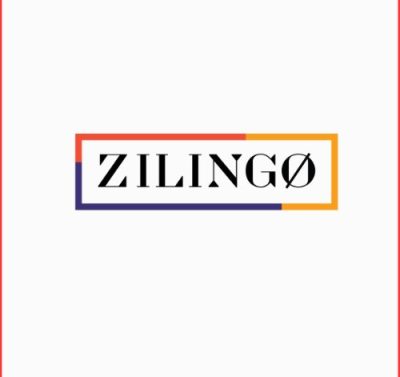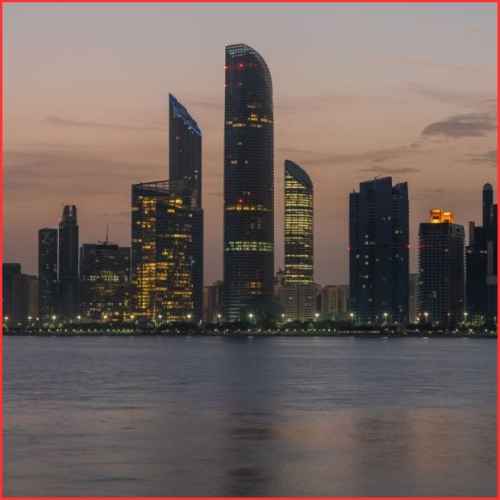PC: Reuters
Key stock markets in Gulf region commenced trade very cautiously on Wednesday as investors assessed Trump’s new tariff threats on automobile, semiconductor, and pharmaceutical imports. Concerns surrounding those policies retained the mood of global pessimism while most stock markets remained lethargic and Dubai’s share priced index shrank.
Dubai Responsibility Share Index Decreases
So far in the trade, Dubai’s principal share index decreased 0.1 % to a level of 3790.78 due to the general pessimism in the Gulf. This was attributed to dip in share prices of utility giant Dubai Electricity and Water Authority (Dewa) which fell by 2.6%. Investors remained skeptical about Dewa shares adding to poor sentiment caused by global trade concerns.
Some Other Markets
Trump’s torrent of tariffs are continuing to cause waves through the international markets. Since taking up office last month he has already slapped a 10% tariff on imports from China, announced plans for a 25% tariff on Mexican goods and non-energy imports from Canada, and has set a date for the imposition of 25% tariffs on steel and aluminum imports. He has also proposed reciprocal tariffs on any country that imposes taxes on U.S. imports. These tariff announcements have kept investor sentiment cautious, resulting in the decreasing activities in the Gulf stock markets listed above.
The Saudi benchmark index was slightly higher by 0.1%, bolstered by a 5.5% surge in shares of telecom operator Etihad Etisalat Company (Mobily), which posted strong annual profit growth. But on the other side, SAL Saudi Logistics Services Company plunged 8.5% on lower earnings for its fourth quarter, the biggest percentage loser on the index.
During the day, Abu Dhabi’s index dipped by 0.3% due to the patience exhibited by investors. In Doha, the index dipped 0.1% as Qatar Navigation lost 0.8%.
Oil Prices Edge Higher
In spite of caution in stock markets, oil prices inch higher, buoyed by an increasing fear of possible supply disruptions from the U.S. and Russia and uncertainties regarding peace talks in Ukraine. Movements in oil prices continue to bear weight on the economies of the Gulf region, especially Dubai, in relation to global trade policies and geopolitical developments.
Investor Sentiment in Dubai
Like other parts of the Gulf region, Dubai’s stock market is still swayed by the uncertainties of the global economies and trades. The index’s slight decline is attributable to investors’ cautiousness stemming from Trump’s tariff threats and the real estate implications for international trade. While local companies like DEWA posted losses, this didn’t give market action much life to spring back into action, looking toward further clarity on U.S. trade policy and its potential global impact.
In the weeks ahead, as events unfold, investors in Dubai and the wider Gulf region will keep a close watch on U.S. trade policy, oil prices, and the changing geopolitical outlook to be able to read the markets properly.















